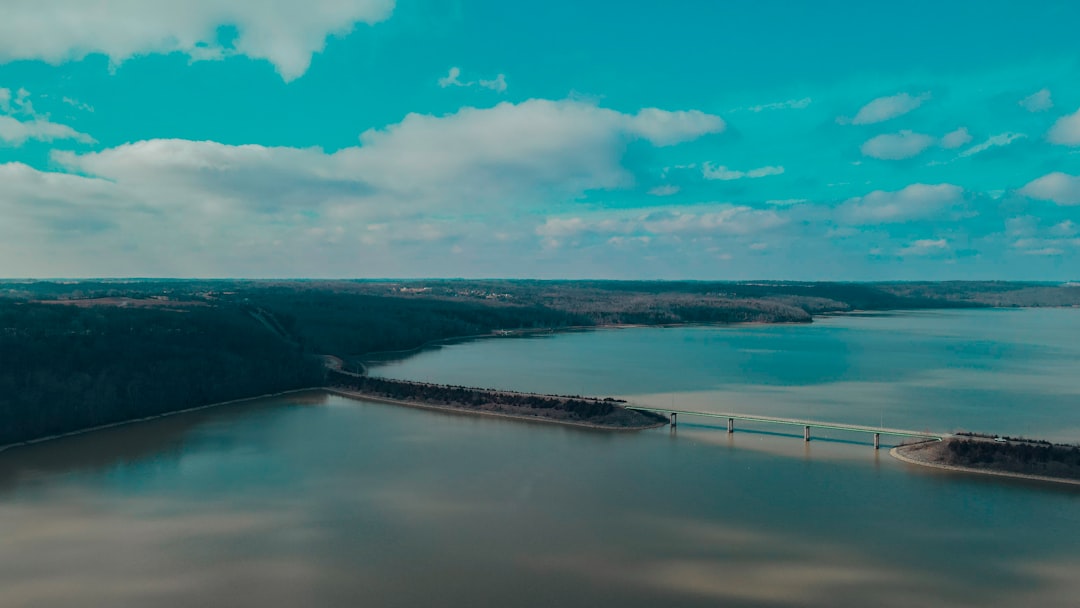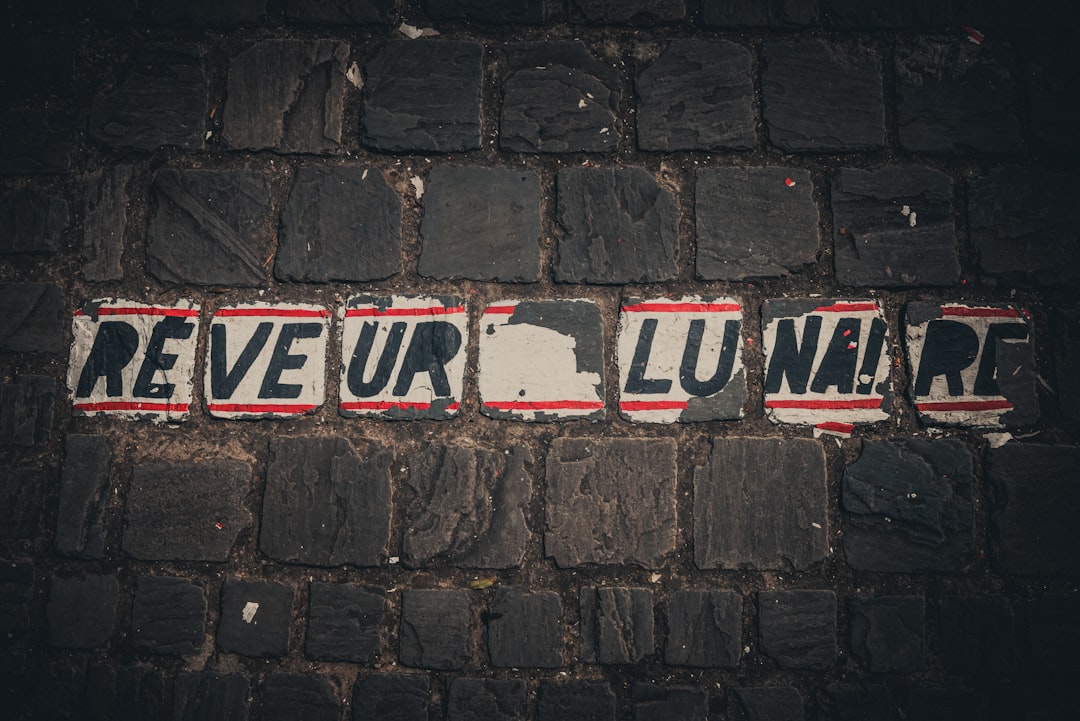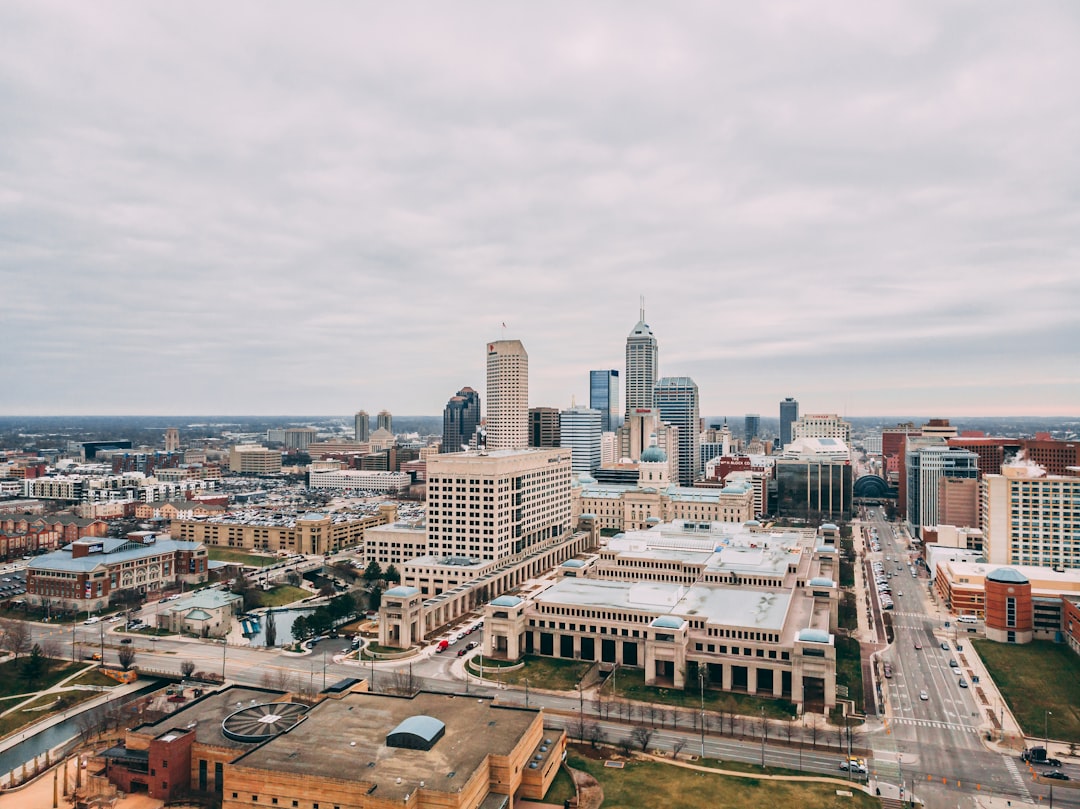Navigating sexual abuse lawsuits in Indiana can be complex, but securing competent legal counsel is crucial. If you or someone you know has experienced sexual assault, understanding your rights under Indiana law is essential. This article guides you through the process, highlighting the importance of a top-rated sexual abuse lawyer Indiana with proven expertise. We’ll explore the legal framework, resources for survivors, and steps to take after filing a claim, empowering you to seek justice and healing.
Understanding Sexual Abuse Lawsuits in Indiana

In Indiana, sexual abuse lawsuits are complex legal matters that require specialized knowledge and expertise. These cases often involve sensitive and traumatic experiences, making it crucial to have a skilled sexual abuse lawyer by your side. When navigating such legal territory, understanding the specific laws and procedures in Indiana is essential.
Sexual abuse lawyers in Indiana play a vital role in protecting the rights of victims and ensuring they receive the justice they deserve. They are well-versed in state laws pertaining to statutes of limitations, evidence requirements, and the unique challenges that arise in these cases. These legal professionals guide clients through every step, from filing initial claims to negotiating settlements or representing them in court, all while maintaining confidentiality and providing emotional support.
Qualifications and Expertise of a Top-Rated Lawyer

When seeking legal counsel for sexual abuse cases in Indiana, it’s imperative to choose a lawyer with exceptional qualifications and expertise. Top-rated sexual abuse lawyers in Indiana are well-versed in state laws and have extensive knowledge of the complexities involved in these sensitive cases. They should possess a proven track record of successfully representing clients who have endured such traumatic experiences.
The best legal professionals in this field often have advanced degrees, specialized training, and certifications in areas like criminal law or civil rights litigation. Their expertise extends to understanding the psychological impact of sexual abuse and effectively navigating the legal system to secure justice for victims. This specialized knowledge allows them to offer tailored strategies, ensuring their clients receive the compensation and closure they deserve.
The Legal Process for Sexual Abuse Cases

In Indiana, the legal process for sexual abuse cases involves several steps that a sexual abuse lawyer Indiana would guide their client through. First, victims must report the abuse to local law enforcement or relevant authorities, which triggers an investigation and potential criminal charges against the perpetrator. Concurrently, victims can seek civil justice by consulting a sexual abuse lawyer Indiana to file a lawsuit against the responsible party, seeking compensation for physical and emotional trauma suffered. The civil case may proceed through mediation, arbitration, or trial, where a judge or jury determines liability and awards damages.
A sexual abuse lawyer Indiana plays a crucial role in navigating this complex process, ensuring that victims’ rights are protected and they receive fair compensation. They gather evidence, interview witnesses, and construct a compelling legal argument to support their client’s claim. With their expertise, victims can focus on healing while the attorney handles the legal aspects, ultimately seeking justice and holding perpetrators accountable for their actions.
Supporting Survivors: Resources and Next Steps

Supporting Survivors: Resources and Next Steps
If you or someone you know has experienced sexual abuse, seeking justice and healing is a courageous step. In Indiana, there are specialized legal professionals dedicated to supporting survivors through complex legal processes. A sexual abuse lawyer in Indiana can provide invaluable guidance, ensuring your rights are protected and helping you navigate the road ahead. They offer resources tailored to help survivors overcome this traumatic experience.
These attorneys often collaborate with local support networks, mental health professionals, and advocacy groups to create a comprehensive support system. They can connect clients to counseling services, legal aid organizations, and community resources designed to assist in the healing process. With their expertise, they guide survivors through the filing of lawsuits, ensuring proper documentation and evidence collection while maintaining confidentiality and privacy.






